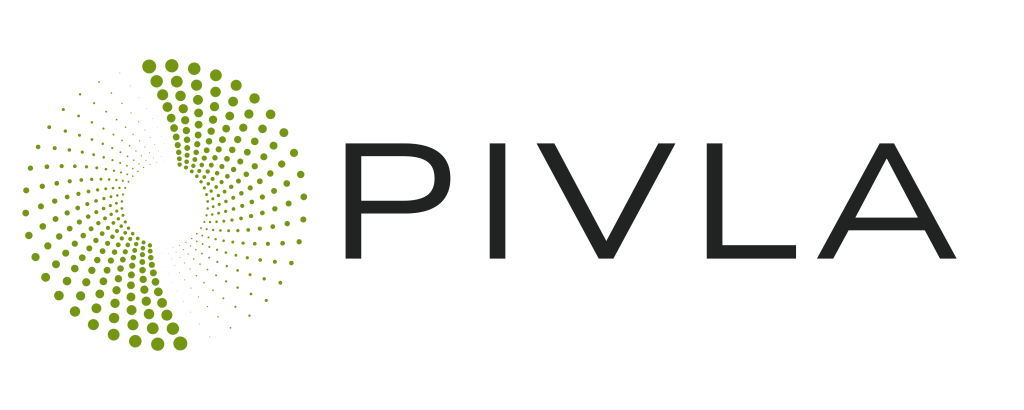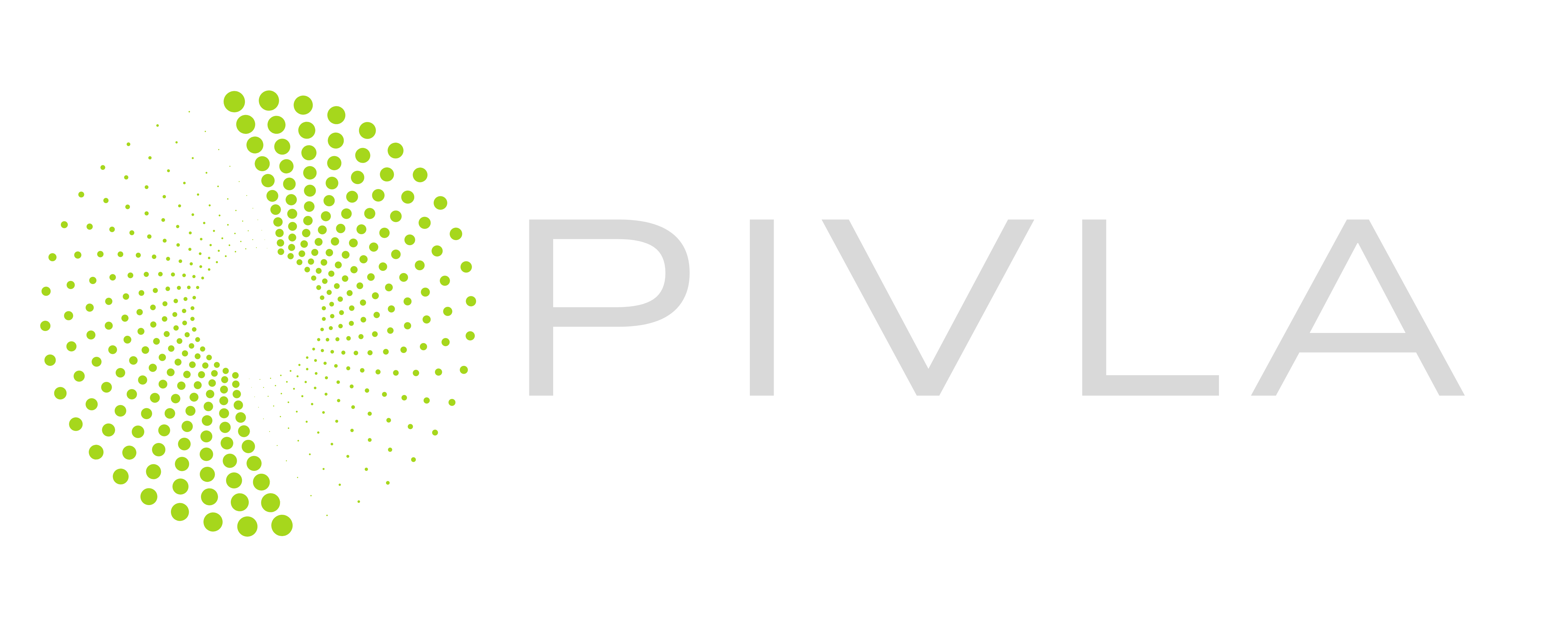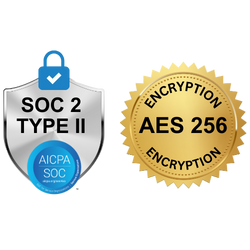Streamline Prevailing Wage & Apprenticeship Compliance
Simplify payroll processes, enhance compliance tracking & reporting, and eliminate find risks.
PW&A Compliance
The landscape of federal and state-funded projects has evolved significantly with the introduction of new compliance standards. Prevailing Wage & Apprenticeship (PW&A) Compliance stands as a cornerstone in this transformation, ensuring fair labor practices and enhancing workforce development.
What is PW&A Compliance?
PW&A Compliance refers to adherence to specific wage and apprenticeship standards set by government legislation. These standards are vital for maintaining equitable compensation and training across government-funded projects, promoting economic stability and skilled workforce growth.
The Inflation Reduction Act of 2022 is a key legislative framework that reinforces PW&A Compliance. On August 26, 2024, IRA Prevailing Wage & Apprenticeship requirements went into effect, mandating the requirement of wage and apprenticeship ratio compliance for government projects. This legislation not only ensures compliance but also influences the availability of tax credits and incentives, emphasizing its critical role in project planning and execution.
Prevailing Wage Requirements
Prevailing wage laws ensure that workers on government-funded projects receive wages and benefits that are commensurate with industry standards.
Definition of Prevailing Wage: Prevailing wage is a predetermined wage rate set by the government for specific job categories within geographic regions. This rate is based on the wages and benefits paid to the majority of workers in similar roles in the area and serves as a benchmark to prevent underpayment.
Covered Projects and Sectors: Prevailing wage laws typically apply to construction, repair, and maintenance projects funded by public money. These laws cover a wide range of sectors, including infrastructure, education, and healthcare projects, where government funding plays a significant role.
Wage and Payroll Determination Process: Ensuring adherence to prevailing wage rates requires careful calculation and documentation. Employers must regularly determine the correct wage rates for different job roles and ensure that these rates are applied consistently across their payroll.
Record-Keeping Requirements: Accurate records are crucial for demonstrating compliance with prevailing wage laws. Employers must maintain detailed payroll records, including hours worked, wages paid, and job classifications, to avoid penalties and ensure that they can prove compliance if audited.
Apprenticeship Program Compliance
Compliance with apprenticeship programs is important for maintaining a skilled and certified labor force.
Apprenticeship Ratio Requirements: Apprenticeship programs often have specific ratio requirements that dictate the proportion of apprentices to journeymen on a project. This ratio ensures that apprentices receive proper training and supervision, while also maintaining productivity and safety on the job site.
Registered Apprenticeship Programs (RAP): To comply with PW&A standards, apprenticeships must be part of Registered Apprenticeship Programs recognized by state or federal apprenticeship agencies. These programs meet rigorous standards for training and certification, ensuring that apprentices receive high-quality instruction.
Good Faith Effort Exception: In some cases, employers may not be able to meet the required apprenticeship ratios despite their best efforts. The Good Faith Effort Exception provides flexibility in such situations, allowing employers to demonstrate that they have made a genuine attempt to comply with the requirements.
Documentation and Reporting: Keeping thorough documentation of apprenticeship training and compliance status is essential. This includes tracking the progress of apprentices, recording the hours they work, and ensuring that all reporting requirements are met.
Who Does PW&A Compliance Impact?
Professional Service Firms
Professional service firms, especially CPAs managing contractors or government projects, play a key role in navigating the complexities of PW&A compliance. However, many of these firms struggle with non-compliant spreadsheets and lack up-to-date knowledge of recent tax legislation.
Offering PW&A Compliance Services: With the Inflation Reduction Act’s (IRA) prevailing wage and apprenticeship requirements in effect as of August 26, 2024, it is essential for professional service firms to offer PW&A compliance services. Federal and state-funded projects are now required to meet these standards, creating an urgent demand for specialized compliance expertise.
Expanding Service Offerings: As compliance needs grow, firms must adapt their services to meet client demands. If they fail to offer PW&A compliance, clients will turn to specialists elsewhere. Most CPA firms currently lack the tools and knowledge to track and report on PW&A compliance, missing out on revenue opportunities that come with offering these in-demand services.
Partnering with Technology Providers: Leveraging specialized PW&A software can significantly enhance compliance accuracy and streamline service delivery. These tools provide real-time updates on legislation, expert support, and simplified reporting processes, helping firms ensure compliance while maximizing client savings.
Contractor Compliance
Contractors need a thorough strategy to meet all PW&A requirements, from the initial project planning stages to final execution. Staying informed about legislative updates and maintaining accurate weekly project hour tracking is a critical challenge for both general contractors and subcontractors.
Steps to Ensure Compliance on Projects: Successful compliance begins with meticulous project planning. Before starting a new project, contractors must fully understand the specific regulatory requirements, ensuring smooth compliance and access to potential financial incentives.
Training and Educating Workforce: Regular workforce training is essential to ensure that all employees are aware of their roles in maintaining compliance. Educating workers on prevailing wage and apprenticeship standards helps them adhere to the necessary guidelines, reducing the risk of non-compliance.
Implementing Effective Record-Keeping Practices: Moving beyond traditional, error-prone methods like spreadsheets, contractors should adopt advanced record-keeping systems to ensure compliance. Tools like Pivla’s PW&A Payroll Compliance Software are critical for maintaining accurate records, simplifying reporting, and avoiding costly penalties. Given the affordable options available, the cost of non-compliance far exceeds the investment in these invaluable tools.
Future Trends in PW&A Compliance
Staying ahead of industry trends is crucial for maintaining PW&A compliance:
Evolving Regulations and Requirements: Keeping up with legislative changes is essential, especially given the complexity of wage regulations across different states. For CPA firms managing national projects, the challenge lies in tracking and adapting to frequent state-level adjustments, which can occur monthly or even weekly.
Increasing Focus on Clean Energy Projects: As the industry shifts towards sustainable development, compliance with PW&A standards also opens the door to additional tax incentives. For clean energy construction projects, firms should explore Section 179D of the Inflation Reduction Act to take advantage of further financial benefits.
Growing Demand for Compliance Expertise: The requirement for PW&A compliance on government-funded projects nationwide has created a significant demand for skilled compliance professionals. This surge highlights a growing gap in the industry, making it essential for CPA firms to invest in compliance expertise to meet client needs and capitalize on emerging opportunities.
Conclusion
In short, PW&A Compliance is now a must for federal and state-funded projects, especially with the new 2024 requirements under the Inflation Reduction Act. It ensures fair wages and can unlock tax incentives, but it also comes with its fair share of challenges due to the complex rules and detailed record-keeping involved. Contractors need solid plans, regular workforce training, and modern tracking tools to stay compliant. For CPA firms, this is a great time to expand their services by offering PW&A expertise, using specialized software to make the process easier.
Staying on top of changing regulations and investing in compliance know-how will be crucial for keeping projects on track and avoiding penalties.



